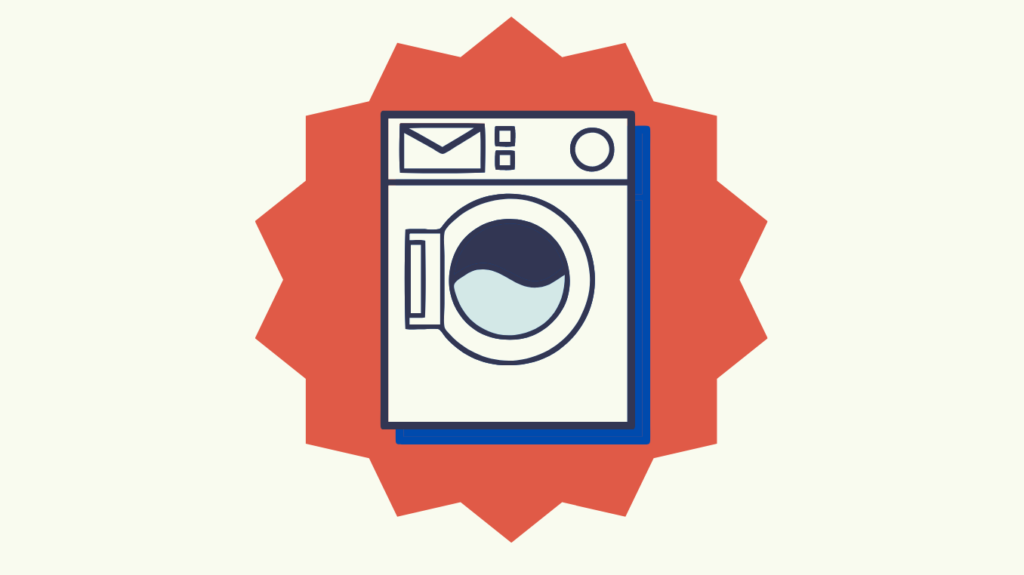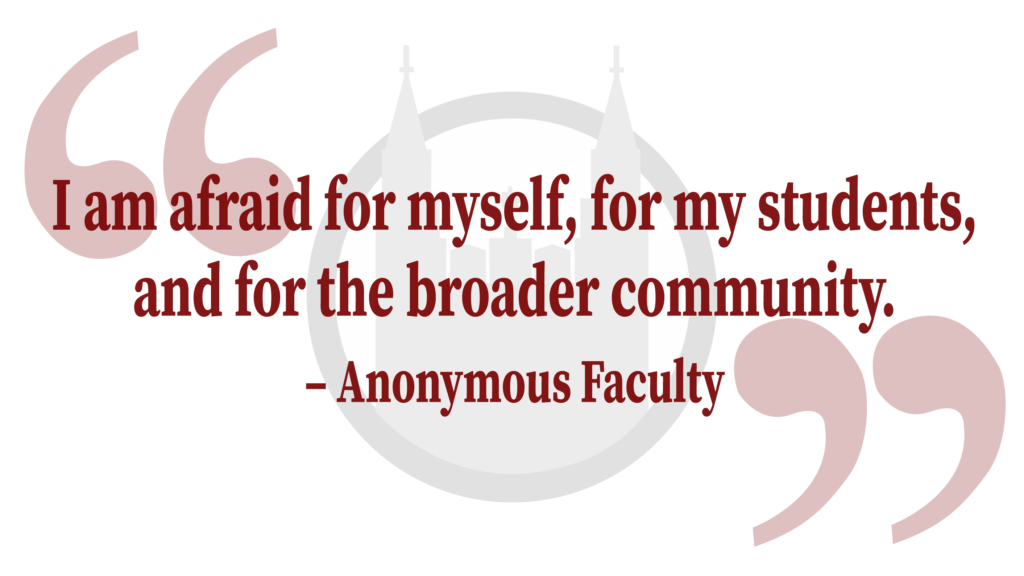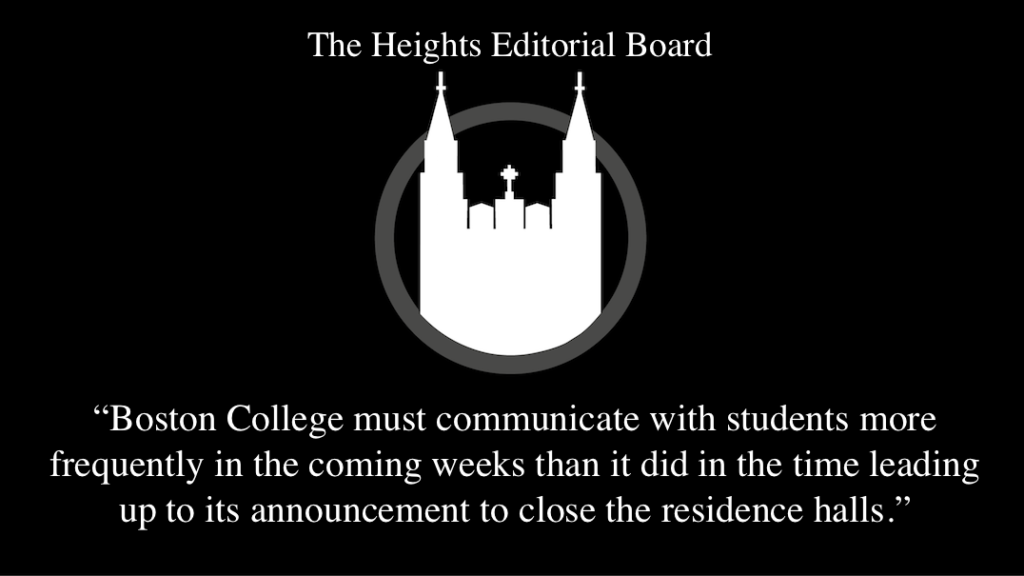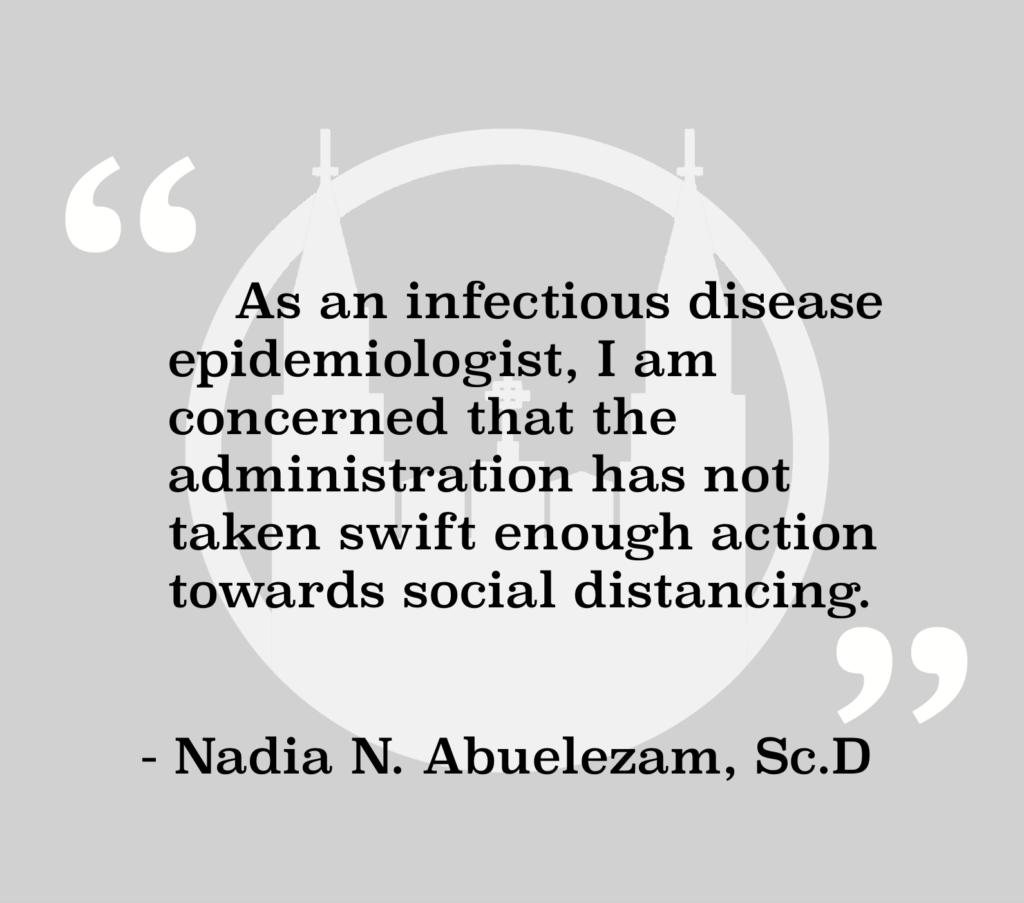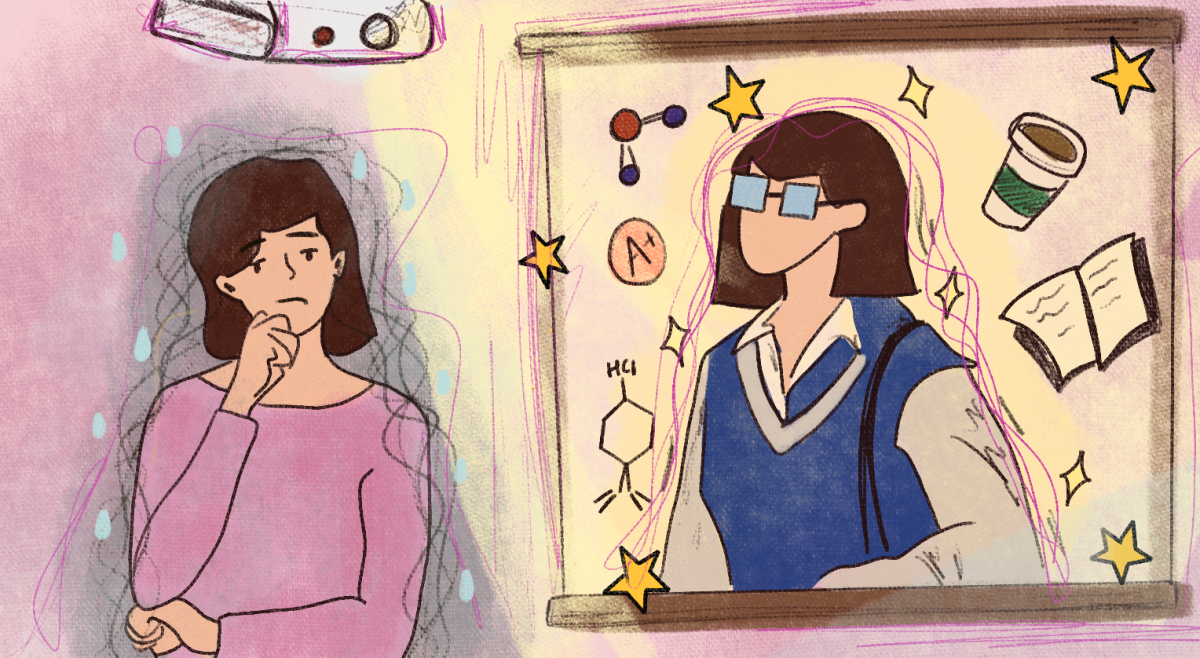In one of my classes, we recently watched an interview of Nicholas Kristof and Sheryl WuDunn, a married couple who are both journalists for The New York Times and write about the oppression of women around the world. Kristof and WuDunn have co-authored a number of books about injustice in Asia, have organized trips to Darfur with celebrities to raise awareness about injustice there, and seem like really passionate people who have dedicated their lives to the causes of others. The interviewer, however, asked Kristof about criticisms of his work, like being a “great white hope” or “white savior” and what he thinks of that. Kristof replied that “it’s wrong to inject race in any form in these kinds of issues” and that “the problem for Darfuris hasn’t been that white saviors want to help them.” He says that we should not be worrying about skin color either way—but this position overlooks a serious problem in international aid. The color of the skin of the people “helping” does, in fact, matter—because, usually, the white-skinned people travelling to those countries to offer themselves up for service come from the countries that created the systems that allowed for the violence and injustice in the first place.
Kristof and WuDunn write in the hopes of replacing “oppression with opportunity” for women. The patriarchy never flourished in African nations, though, until white powers imposed those systems on the matri-focal, more equal African societies that already existed. The narrative of African history is made out to seem like there wasn’t really much civilization before white people showed up and brought it to the continent. African societies existed, though, and were in contact with people outside of the continent long before colonization. When Africa was cut up and taken over by white European nations, their more gender-equal social structures were deemed “backward” and Western capitalist and patriarchal systems upheld as “progressive.” During the ’50s and ’60s, the Cold War, and the decolonization of most of Africa, the U.S. intervened in countless third-world countries around the globe to put or keep unstable or corrupt governments in place, simply because they were anti-communist or because they supported U.S. interests in maintaining access to useful resources. The decolonization of Africa was riddled with conflict—as European nations devolved power to nationalist parties in African nations, the U.S. saw its role in the newly formed African countries as one of “carrying the torch of the white man’s burden,” a notion that has not only permeated our governmental policy of paternalism and aid in Africa, but also our body of international volunteers. So, when white Westerners come into Africa saying we have to “empower” women there, really what we are doing is creating Band-aid solutions for a cancer that we created ourselves because we have this idea that we know how to empower better than they could.
Before we try to go into other countries and empower women, we must look at what put those women in an inferior status to begin with, and whether our views of what empowerment means conflict with that culture’s view of self-empowerment. We cannot enforce empowerment on other people—that goes against the entire definition of the term. Take the injustice some Western women’s groups seem to feel about Muslim women wearing the burka (the full body covering). Many see this as a symbol of oppression, when for many women who wear the burka, it is an expression of religious faith—like wearing a cross. That doesn’t mean that some Muslim women don’t see it as oppression—the point is that it’s their culture, so they should choose whether to change it or not. I suggest we focus on the empowerment of our own women.
We know that service changes the server more than it changes the people we serve. Yet, we seem to feel okay with raising a ton of money to go on trips to faraway places “for others,” when we know we will benefit from the experience more than they will. Why don’t we put that money into campaigns to change unjust policies that affect those countries? I am calling for divestment in unjust, corrupt governments and more power for third-world countries in international organizations like the UN, World Bank, and IMF. These countries need the opportunity to decide their own fates and not be toyed around with by white Western powers.
There is a lot of emotional attachment involved in service abroad—this is something that is not present when lobbying for real structural change in the foreign policy in your own country.
That is what truly selfless action is, though—doing something for which you can’t feel the immediate benefits yourself. I love helping. It’s what made me want to be a nurse four years ago. But I love helping because it makes me feel good about myself. And it is easy to get that feeling from service trips. When petitioning for policy change, though, you only get the satisfaction of saying you helped someone else if your policy change actually happens and if it is effective policy. Then, and only then, have you actually effected real change in the systems that affect people’s lives. You can’t take pictures with all the people for whom you have worked, and you can’t tell their stories or share their culture, but you have effected real, actual change. So, when we go into black and brown nations with our good intentions and notions of solidarity, we could have forged the deepest of connections or built any number of new school buildings or provided entire communities with English classes, but at the end of the day, we get to come back to the U.S. without really having done anything lasting for the people for whom we feel such empathy. Yes, injustice anywhere is a threat to justice everywhere, but that ideology should be taken to the policy boardroom, not just on service trips.
Featured Image by Margaret Aguirre / AP Photo, International Medical Corps







